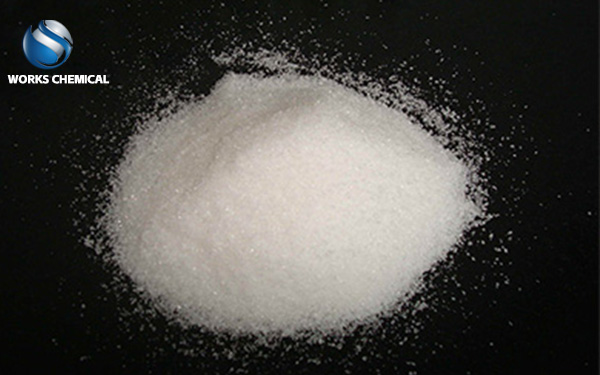
Sludge enhancers and sludge dehydrators play an important role in sewage treatment and sludge treatment, but there are significant differences in composition, function, effect and application.

1. Composition differences
Sludge enhancer: the main components are inorganic compounds, sludge surface structure modifier, degreaser, wall breaking agent, sludge surface treatment agent, sludge stripping agent, etc. These ingredients work together to improve the dewatering performance of sludge and increase the efficiency of dewatering.
Sludge dewatering agent: Usually refers to a chemical agent that can reduce the moisture content of a substance, and its composition varies depending on the specific application. In sludge treatment, common sludge dehydrating agents include polyacrylamide, polyaluminum chloride, ferric chloride, lime and so on. These sludge dehydrants mainly promote the separation of water in the sludge through physical or chemical action.
Second, functional differences
Sludge enhancer:
Destroy the bacterial structure and the stability of colloidal particles in the sludge, so that the sludge particles are easier to aggregate and settle.
Reduce the solid surface load of sludge, reduce the repulsive force between sludge particles, and form a tighter and more stable sludge floc.
Improve the dewatering performance of sludge and reduce the moisture content of sludge, thus reducing the burden of subsequent treatment process.
Improve the mud press rate of mechanical equipment, shorten the mud press cycle, reduce equipment loss and maintenance costs.
Sludge dehydrating agent:
Mainly through physical or chemical action to promote the separation of water in the sludge, reduce the water content of the sludge.
However, some traditional sludge dehydrators may have problems such as high cost, corrosion of equipment, blockage of filter cloth and so on.
3. Effect difference
Sludge enhancer:
Compared with the traditional sludge dewatering agent, the sludge enhancer has better dewatering effect. Combined with equipment such as the plate and frame mud press, the sludge moisture content can be reduced from more than 90% to 40%-60%, or even lower to 35%-55%.
Significantly improve the dewatering efficiency and treatment efficiency of sludge, while reducing the corrosion of equipment and clogging of filter cloth.
Sludge dehydrating agent:
Although it has a certain dewatering effect, it may be affected by factors such as composition and use conditions, and the effect is not as significant as the sludge synergist.
4. Application differences
Sludge enhancer:
It is mainly used in the process of sludge pre-concentration and sludge dewatering of municipal sewage treatment plants and various industrial and domestic sewage treatment facilities.
Strong adaptability to water quality, high acid and alkali tolerance, suitable for a variety of sludge treatment equipment.
Sludge dehydrating agent:
It is widely used in the field of sludge treatment, but the specific use effect needs to be selected according to the characteristics of sludge and treatment process.
In summary, there are significant differences between sludge enhancers and sludge dehydrators in composition, function, effect and application. Sludge booster has higher application value in sludge treatment field because of its better dewatering effect, lower equipment loss and maintenance cost and wider applicability.